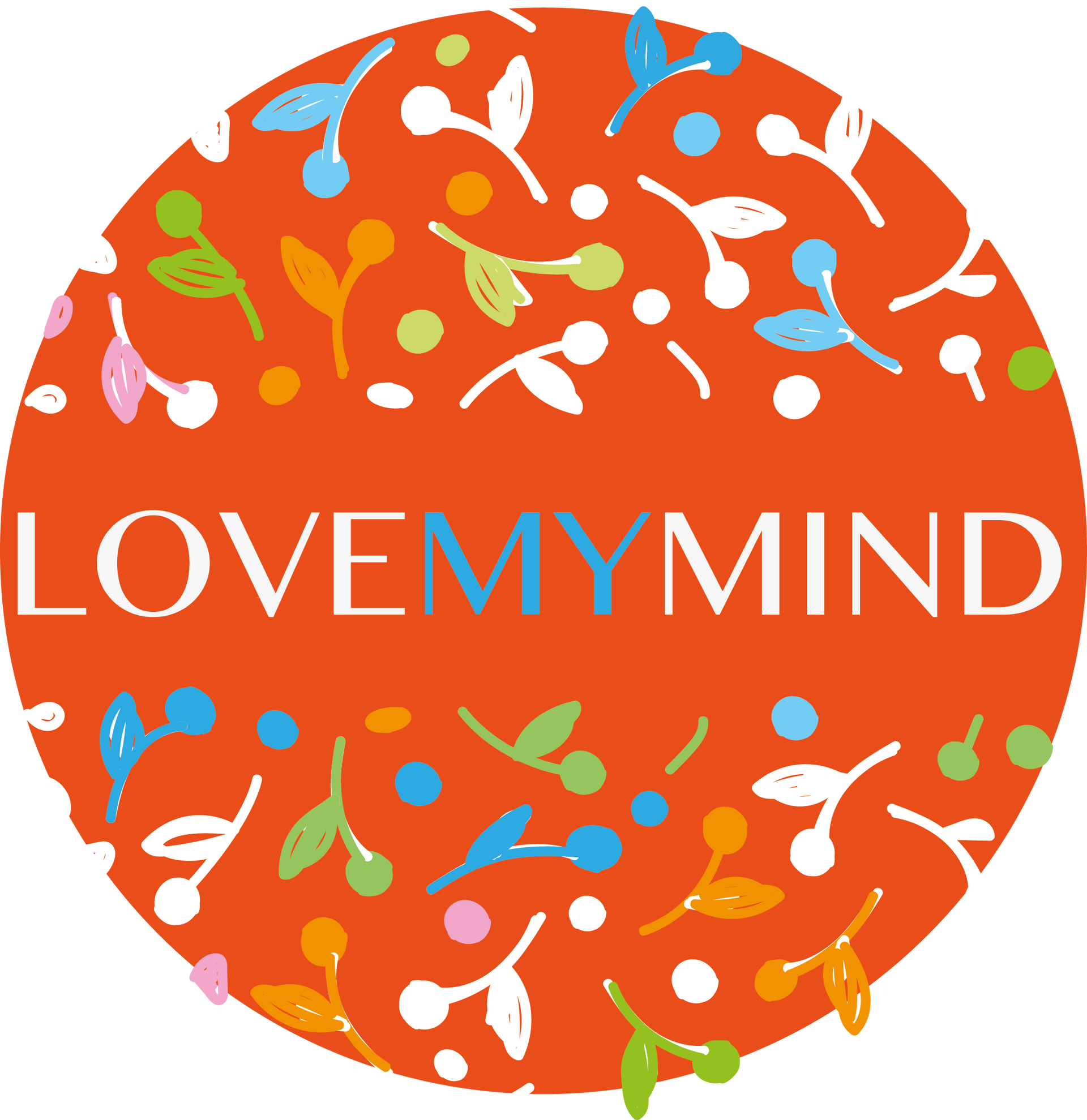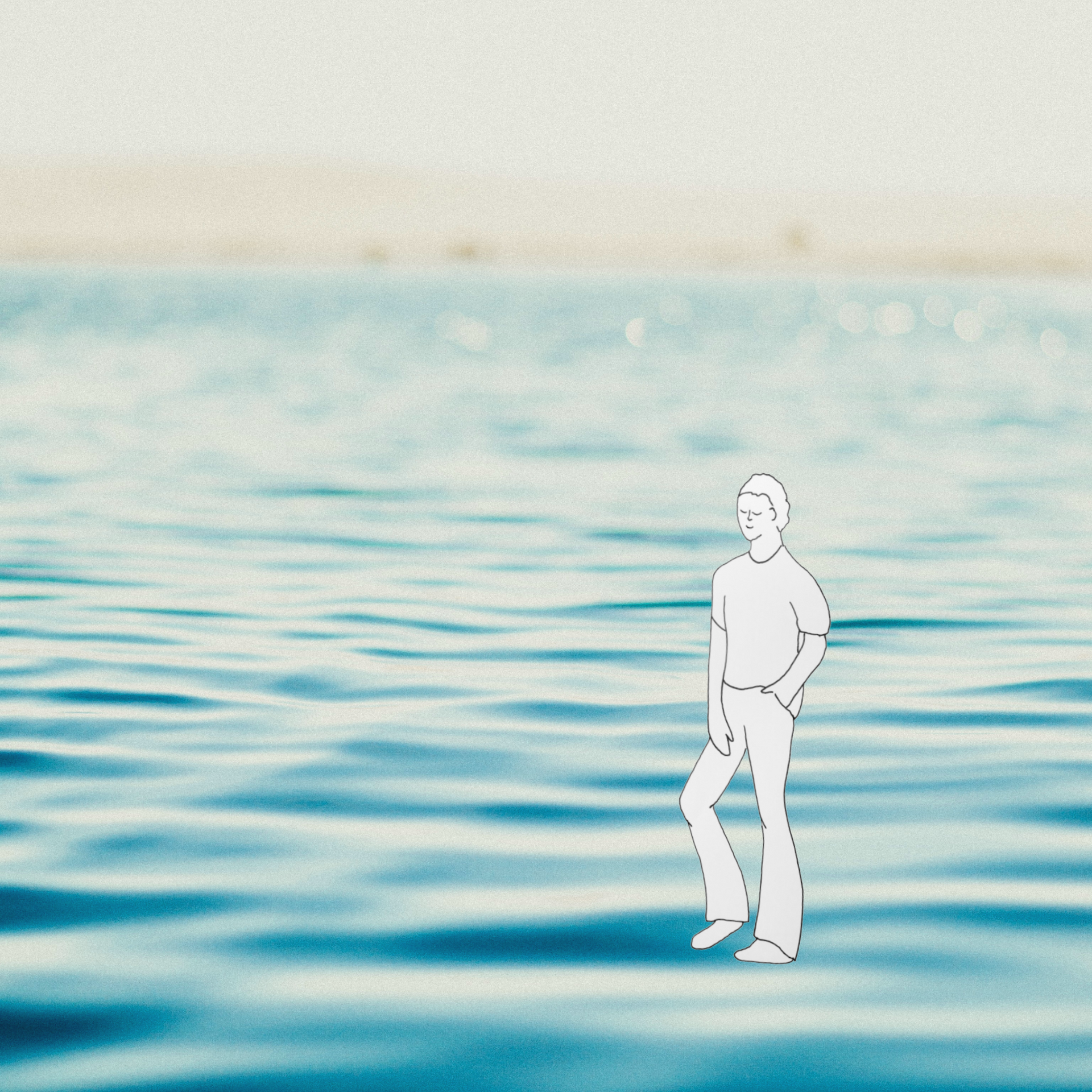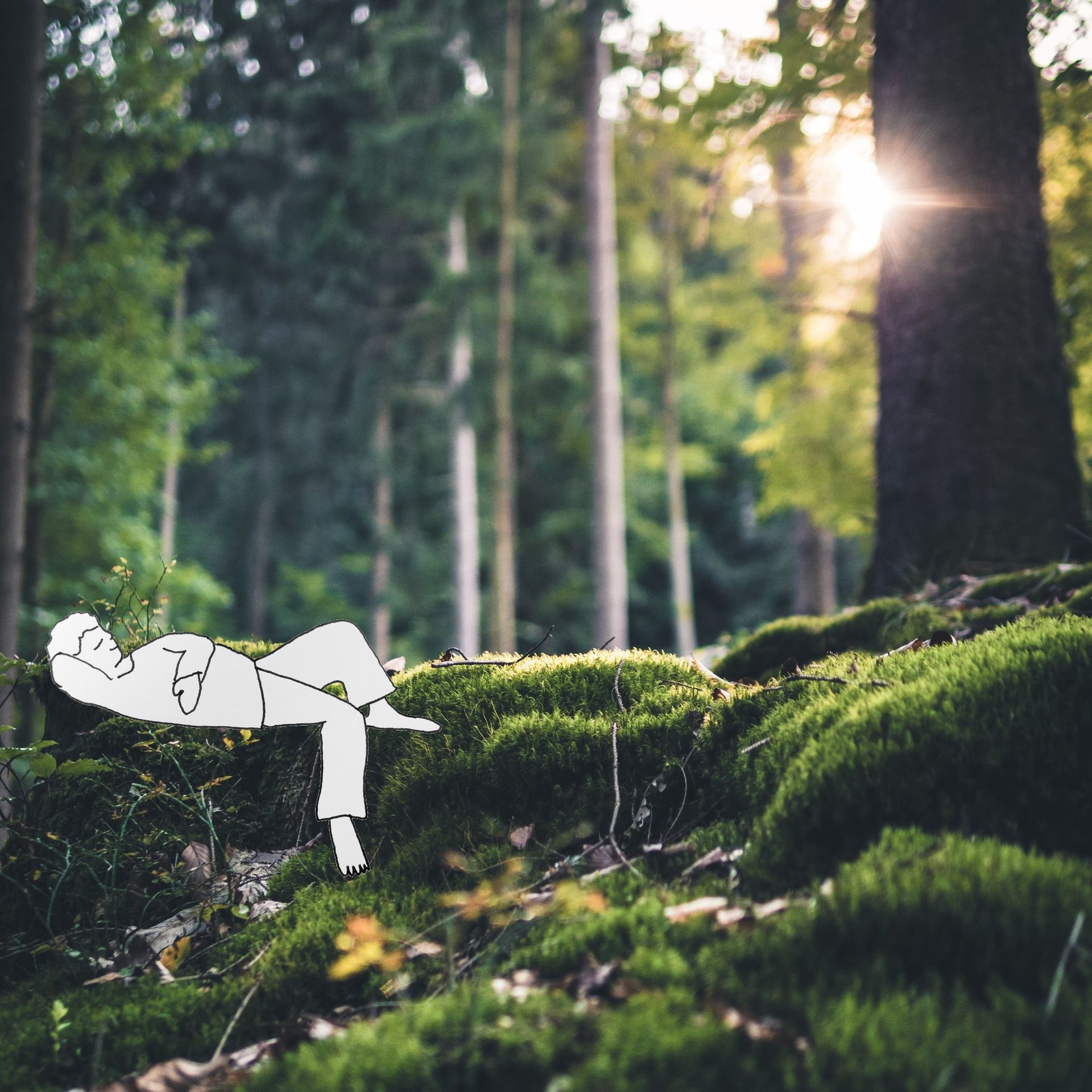by Fleur Dash
•
3 December 2025
As the holiday season approaches, many of us feel a mix of excitement and…pressure. Between preparing gatherings, managing family expectations, finding the “right” gifts, and juggling everyday responsibilities, the weeks leading up to Christmas can easily become overwhelming. But it doesn’t have to be this way. With intention, compassion, and a focus on gratitude, you can transform this season from stressful to meaningful. Below are simple, grounding ways to overcome pre-Christmas stress—while nurturing your well-being and reconnecting with what truly matters. 1. Slow Down—On Purpose The busiest weeks of the year often demand our full attention, but it’s also when we most need to pause. Even a few minutes of intentional slowing down can calm your mind and reset your nervous system. Try: A 5-minute breathing exercise in the morning A short walk without your phone A quiet cup of tea with no multitasking These small moments of stillness create space for clarity and kindness—toward yourself and others. 2. Redefine What “Enough” Means Holiday stress often comes from unrealistic expectations: the perfect meal, perfectly wrapped gifts, perfectly decorated homes. But perfection is not what people remember—connection is. Ask yourself: What truly matters to me this season? What can I simplify? Where can I give myself permission to do less? Choosing “good enough” over “perfect” is an act of self-care. 3. Center Your Days Around Gratitude Gratitude shifts your attention from what’s missing or overwhelming to what is steady, supportive, and meaningful. Try starting (or ending) each day with three simple gratitude prompts: Something about today that made me smile A person I appreciate Something about myself I’m grateful for This practice softens stress and strengthens your sense of abundance, even during hectic times. 4. Protect Your Energy You don’t need to attend every event or fulfill every request. You’re allowed to say no with love. Protecting your energy makes space for the moments that matter most. Think of your energy as a candle—burn it too quickly, and you dim before Christmas even arrives. Tend to it gently. Let it shine steadily. 5. Create a Well-Being Ritual Rituals ground us. Choose a small, soothing habit that you repeat daily or weekly throughout the season: Lighting a candle in the evening Listening to calming music Journaling for five minutes Decluttering one small area Practicing a short gratitude meditation A ritual gives your mind something steady to come back to in moments of overwhelm. 6. Embrace Imperfect Joy Holiday magic isn’t found in flawless decor or a perfectly orchestrated schedule. It’s in the imperfect, real moments—laughing with others, sharing a simple meal, watching old movies, exchanging small acts of kindness. Let yourself enjoy the season as it unfolds, not as you planned it. 7. Give Yourself the Gift of Compassion You may not get everything done. You may forget something. You may have a messy kitchen or a chaotic calendar. That’s okay. Speak to yourself the way you would to a friend who feels stressed: “You’re doing your best. You’re allowed to rest. You are enough.” Compassion is one of the most powerful tools for well-being. 8. Let Gratitude Guide Your Celebrations When you approach the season with gratitude—gratitude for the people you love, for the experiences you share, for the strength you’ve shown this year—everything feels lighter. Gratitude softens stress. It reframes expectations. It connects you to the heart of the holidays. Let it be the thread that guides your celebrations this year. Pre-Christmas stress is common, but it doesn’t have to define your season. By slowing down, practicing gratitude, and nurturing your well-being, you can create a holiday experience that feels peaceful, grounded, and genuinely joyful. You deserve a season filled not with pressure, but with presence.



















